Demystifying VAT Compliance: A Guide for UAE Businesses

In 2018, the United Arab Emirates (UAE) introduced a significant economic transformation by implementing Value Added Tax (VAT). This marked a pivotal shift in the country's fiscal policies and ushered in new considerations for businesses. VAT compliance, once a subject of uncertainty, has now become a crucial aspect of business operations in the UAE. This article aims to demystify VAT compliance and provide UAE businesses with a comprehensive guide to navigate this financial landscape.
Understanding VAT
Value Added Tax is a consumption tax that is levied at each stage of the supply chain, from production to final sale. In the UAE, VAT is charged at a standard rate of 5%, with some goods and services subject to a zero-rate or exempted. This means that businesses are required to charge VAT on their sales, collect it from their customers, and remit it to the government.
Who Needs to Register for VAT?
VAT registration is obligatory for businesses with an annual turnover exceeding the mandatory threshold as determined by the UAE tax authorities. Voluntary registration is also allowed for businesses that do not meet the threshold but wish to avail the benefits of input VAT recovery.
The Compliance Essentials
To achieve VAT compliance, businesses must undertake several essential steps:
VAT Registration: Businesses exceeding the turnover threshold must register for VAT with the Federal Tax Authority (FTA). This is the first step towards compliance.
VAT Invoicing: Proper invoicing is crucial. Invoices must include specific details as per FTA requirements. It's essential to issue accurate invoices for each transaction.
VAT Returns: VAT-registered businesses must file regular VAT returns with the FTA. This process involves reporting the amount of VAT collected and paid to the government.
VAT Record Keeping: Maintaining proper records is critical. Businesses should keep all invoices, receipts, and financial records for at least five years.
Compliance with VAT Rates: It's essential to understand the VAT rates applicable to your products or services. The UAE's VAT system includes standard-rated, zero-rated, and exempt supplies, each requiring specific treatment.
Challenges and Penalties
Non-compliance with VAT regulations can lead to severe penalties, including fines and business disruption. It's crucial to stay updated on VAT laws and ensure accurate and timely reporting to avoid these issues.
The Role of Financial Consultancies
Navigating VAT compliance can be complex, especially for small and medium-sized businesses. Financial consultancies like ANPJ provide expertise and guidance, helping businesses interpret VAT laws, set up proper accounting systems, and ensure compliance.
In Conclusion
VAT compliance is now a fundamental aspect of business operations in the UAE. It's essential for businesses to understand VAT regulations, ensure accurate record-keeping, and fulfill their reporting obligations to the FTA. With the right support and expertise, VAT compliance can be manageable and can even offer opportunities for businesses to optimize their financial processes.
At ANPJ, we are here to assist you in demystifying VAT compliance and ensuring your business is on the right track. Embrace the UAE's VAT landscape with confidence, and turn compliance into a strategic advantage for your financial growth.
OUR SERVICES
Explore our range of specialized services tailored to meet the diverse needs of businesses in the UAE.












